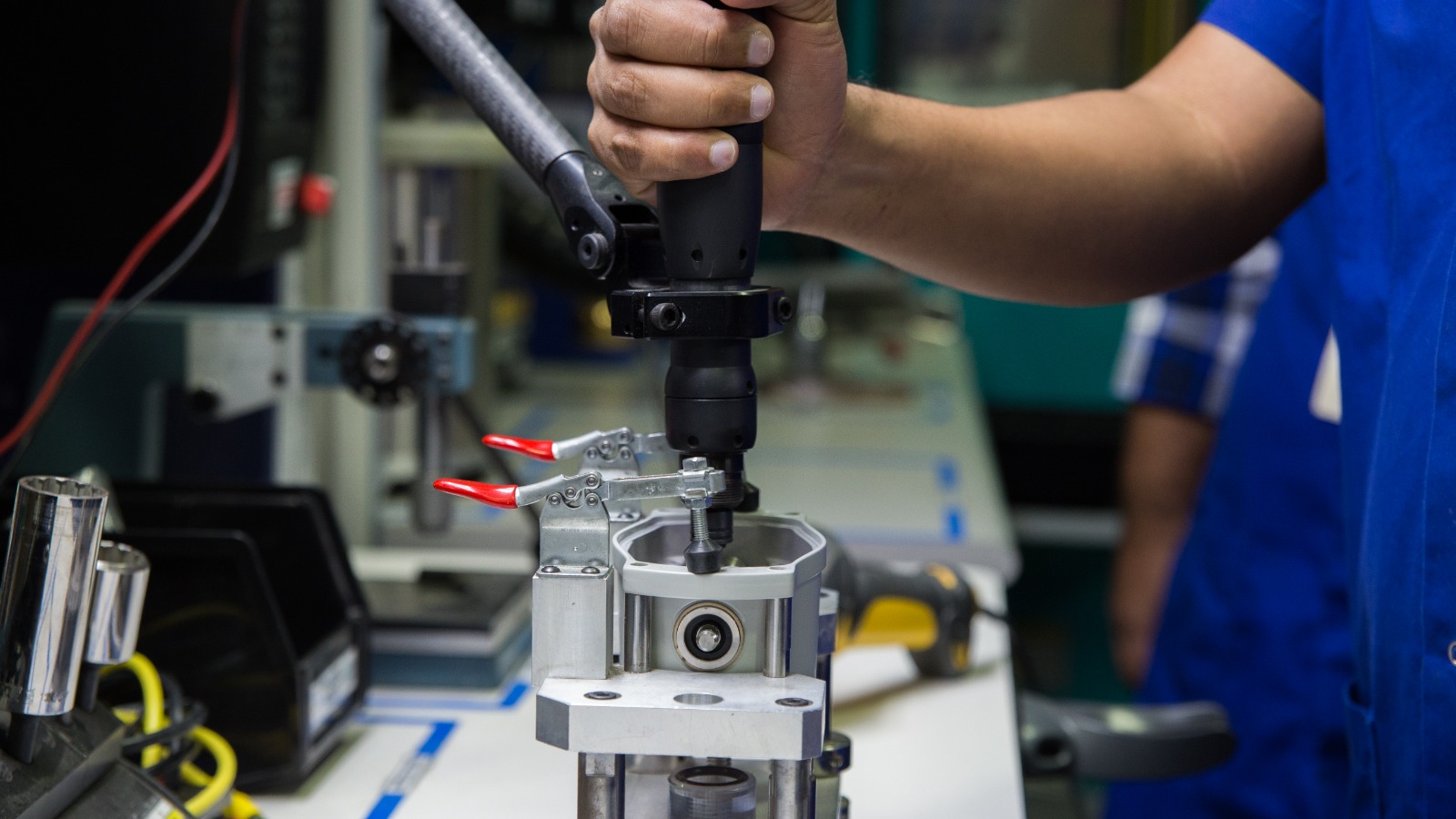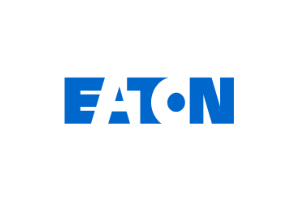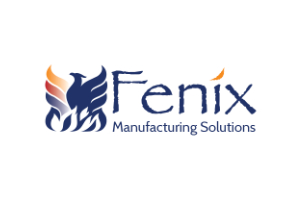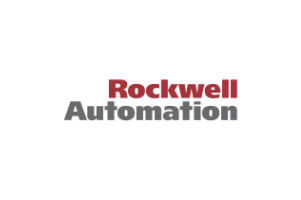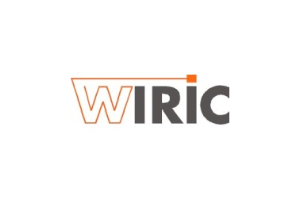Electronics
Move to the fastest growing industry
Electronics Sector Insights
Productivity enhancements and logistical advantages
Explore a comprehensive overview of the thriving electronics sector in the Dominican Republic, featuring 4 key insights ranging from export trends to workforce development and industry specialization.
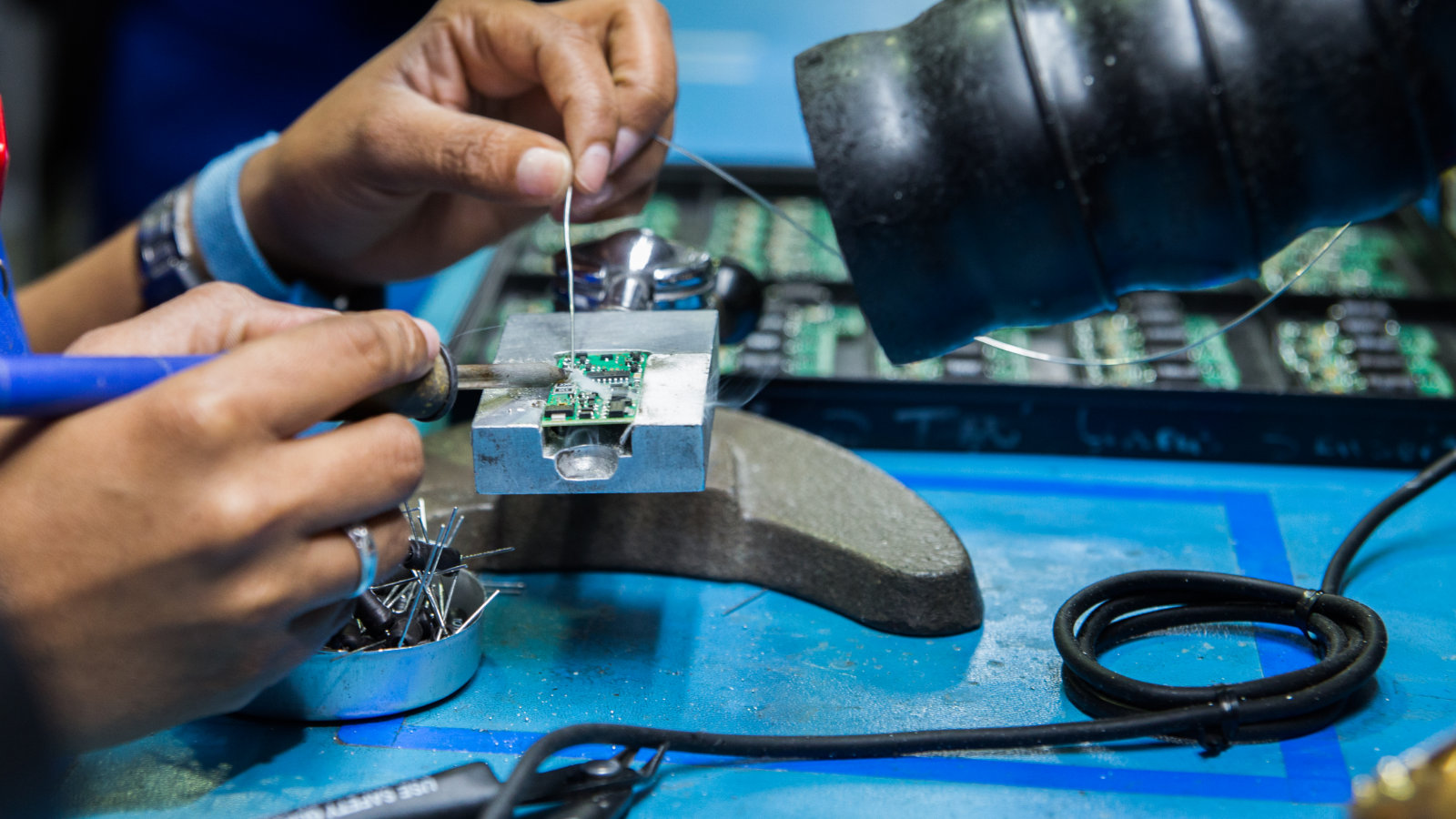
Frequently asked questions
Discover answers to common inquiries about the electronics industry in Dominican Republic’s free zones, covering topics such as investment opportunities, workforce training, export regulations, and more.

